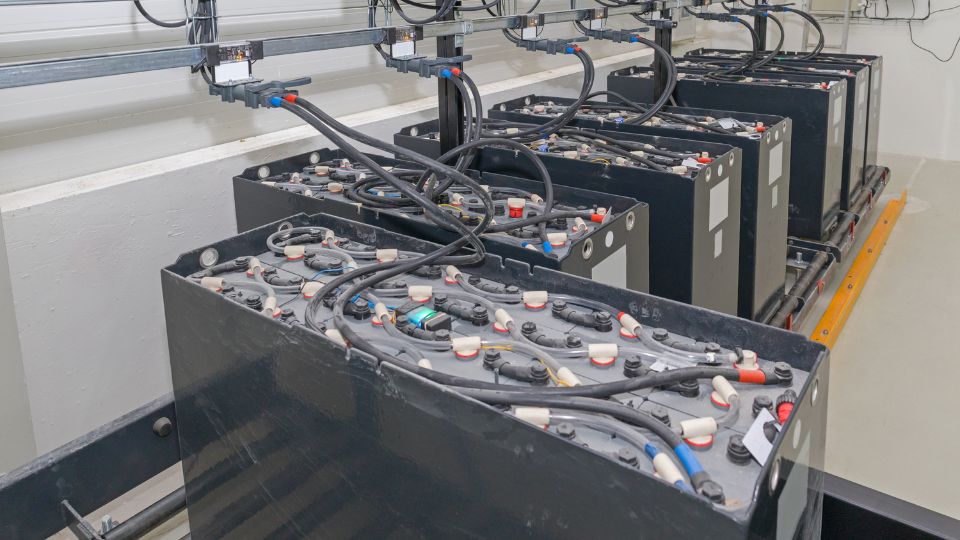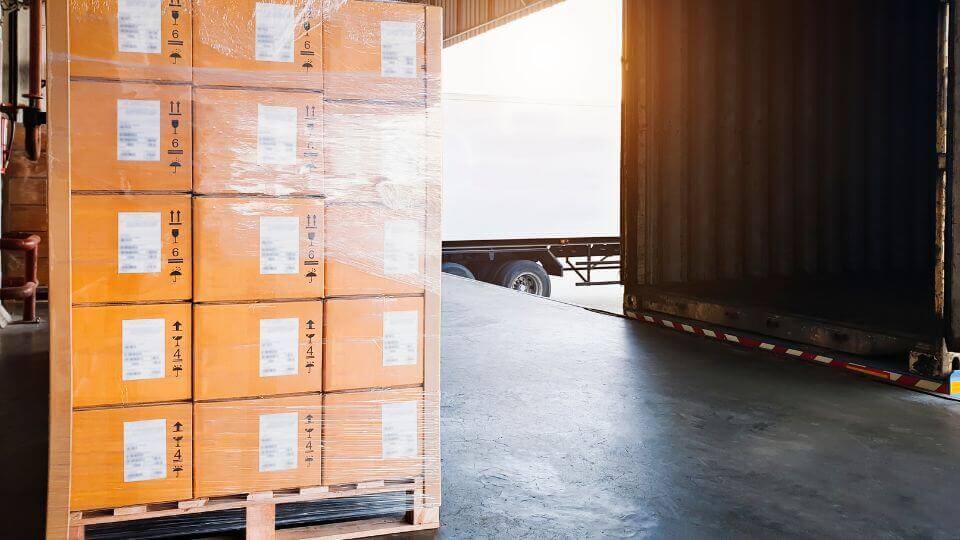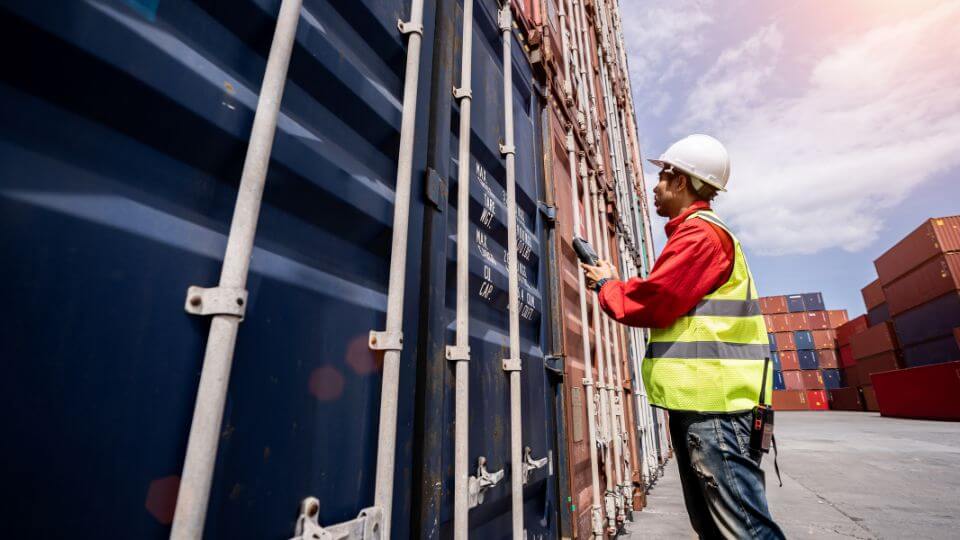Table of Contents
As the demand for freight grows faster than supply, truckload transportation is facing an increasingly difficult situation. Today, existing transportation requirements and volumes are already overburdened, creating inefficient bottlenecks. Meanwhile, the burgeoning population of cities and the growing individualization of the economy are driving changes in logistics.
While adding new truck drivers may alleviate some of the capacity problems, it will take time for the solution to have a significant impact on freight movements. In the meantime, the future of truckload transportation depends on the adoption of technologies by existing transportation companies. These technologies help existing companies adapt to the increasing demand for freight transportation while improving productivity.
This article will provide an overview of these trucking industry trends and their impact on the industry. You can also explore what’s ahead for truckload transportation in the next few years.

1.
Driverless Electric Vehicles
While the benefits of autonomous self-driving trucks are obvious, concerns about their safety and human error loom ever larger. Driverless trucks will need to be compatible with autonomous driving technologies to be widely adopted.
While safety is the primary concern here, self-driving trucks will also need human operators to ensure consistency and protect them from extreme conditions. In other words, driverless electric trucks will be the future of truckload transportation, while human labor can be largely displaced as a result.

The first application of autonomous electric vehicles will be limited by cost. The battery packs are generally expensive and charging infrastructure will have to be built from scratch in the near future. This means that the vehicles may not be purely electric, but can be hybrid or plug-in electric. This technology may be ready for commercial use by the early 2020s, but its success will depend on overcoming several technical challenges. The goal of the technology is to make trucks as safe as possible.
Einride is a new company dedicated to transforming conventional truckload transport. Its electric-powered vehicles help curb CO2 emissions and contribute to a sustainable supply chain. Einride’s services include software-as-a-service and capacity-as-a-service features. The company stresses that freight transport requirements will be digitized and autonomous in the truckload evolution.
Best-In-Class 3PL in the Midwest
2.
Consolidated Shipments
The advantages of consolidating shipments to the future of freight transportation are numerous. Consolidation reduces the risk of damaged freight, increasing security and customer satisfaction at the same time. Unlike traditional shipping methods, consolidated shipments take fewer trips and put the products on fewer trucks, reducing the risk of damage and improving the overall customer experience.
Another advantage of consolidated shipments is improved order accuracy, which means more accurate invoicing, shipments, and deliveries. Additionally, consolidated shipping increases a company’s logistics control and accuracy of inventory tracking.

By combining several LTL (less than truckload) shipments, one truck can be used for many smaller shipments. This allows a shipper to pay preferred rates for many shipments, easing the burden on individual businesses. Fuel costs and driver fees can be divided among multiple payees, making it a lot cheaper for companies to ship a single load from one place to another. This reduces overall costs while delivering goods quickly and efficiently.
Because consolidated shipments allow different goods to be transported in one truck, the cost of operating a fleet of trucks decreases consequently. The carriers can also benefit from economies of scale by combining multiple shipments. Some companies consolidate their shipments by breaking them into smaller TLs (full truckload) for direct delivery while smaller ones can be drop-shipped to a pool point. Likewise, some companies may also combine shipments from regional distributors to national customers.
3.
Autonomous Vehicles
The first successful test run of an autonomous Class 8 truck on open roads was recently completed by a San Diego, CA-based company called TuSimple. The truck was accompanied by a lead vehicle that drove five miles ahead and a second vehicle that trailed a mile and a half behind it. Unmarked police cars also remained in the area in case the autonomous truck encountered any issues or required intervention.
Similarly, Waymo has announced a pilot program for its autonomous trucking technology in Texas. The two companies will test the autonomous vehicles on I-45 between Houston and Dallas, using its Waymo via Class 8 trucking unit. The test began nearly a year ago. Following a successful pilot test, the company hopes to continue the program under collaboration with J.B. Hunt Transport Services and fulfill its vision of developing fully-functional autonomous commercial freight transport in the coming years. The two partners are also working on more advanced transport solutions using autonomous driving technology in the digital freight marketplace. It could also lead to more efficient technologies for shippers in the near future.

Automated trucks can greatly reduce operating costs by automating driver tasks. Driver costs (wages, benefits, etc.) represent approximately 33% of per-mile operating costs (2018). However, drivers can be a significant hindrance to the development of autonomous trucks.
Driverless trucks could also face significant opposition from the driving public, making it necessary to develop separate highways for autonomous trucks. However, some highways might allow for such a test run. Even if platooned autonomous trucks aren’t practical for all roadways, the technology promises to cut down operating costs by half.
Best-In-Class 3PL in the Midwest
4.
Drones
While there are some limitations, a growing number of businesses are looking towards this technology to help them improve delivery processes and save money. Drones have a few advantages over traditional delivery methods, and they may even prove more cost-effective than trucks in some situations.
However, there are a few obstacles that companies must avoid to ensure they don’t accidentally violate any laws. In addition, drones only have a small payload capacity, which isn’t ideal for larger shipments.

For starters, drones still don’t have the necessary technology to deliver freight. Many military and mining companies are already using drones to resupply military bases and make deliveries. Then, there is the issue of the weight and number of deliveries a helicopter can make each day. And even with these limitations, drones won’t be able to reduce labor costs until they have developed more advanced technology.
As a result, cargo drones must be developed and adopted to be a viable option in the logistics industry. To be a practical alternative to trucks, an entire drone ecosystem is needed here. Infrastructure providers, national authorities, and leading players need to work together to develop standardized practices and ensure the technology’s scaling.
But what will be the impact of this new technology on the supply chain? The answer depends on how the technology is deployed and implemented.
5.
Data Science
Big data has always been part of the transportation industry, but its management has remained elusive. However, the rise of machine learning and data science has given shippers the ability to manage big data.
Predictive analytics can give shippers a better understanding of lane-specific characteristics and the impact of different factors. The results of these analytics can be used to improve contract rates and monetize different factors. Machine learning models are transforming demand forecasting. They incorporate other explanatory variables to improve accuracy and generate shipment-specific forecasts. That means shippers can get better insights and more accurate freight rates while improving customer satisfaction.

The role of data science in truckload transportation is growing rapidly. Nowadays, data scientists that are skilled in analyzing and interpreting data and using it to create better business strategies are required for every industry to stay competitive.
To succeed in the field of data analytics, truckload transportation companies must develop specific skills. Data scientists are increasingly leveraging machine learning and big data to help optimize their processes and play a big part in data-driven decision-making.
Best-In-Class 3PL in the Midwest
Conclusion
The evolution of truckload transportation is changing as technology advances and the demand for online shopping grows. New technologies are enabling logistics companies to measure and manage the workforce of tomorrow. The future of truckload transportation requires a workforce that is highly technical, adaptable, and geared toward increasing productivity.
In the years ahead, the industry must continue to adapt to the ever-growing demands of the global economy.
Are you looking for third-party logistics services to improve the efficiency of your transportation to help scale your business? Logos Logistics is one of the leading 3PL providers in the Midwest offering shipping, transportation, warehousing, and order fulfilling solutions.
You can request a free quote or contact our experts for more information.

Protected: The Ultimate Guide to Proper Battery Warehousing and Storage
There is no excerpt because this is a protected post.

What is the Difference Between FTL and LTL Shipping?
What is the Difference Between FTL and LTL Shipping? Home > Blog > What is the difference between FTL and LTL shipping? Freight shipping can

Top 10 Imports of the USA
Top 10 Imports of the United States Home > Blog > Top 10 imports of the USA The United States, a global leader in trade,
Logos Logistics is the leading logistics provider based in Michigan that offers various logistics solutions including automotive logistics, trucking, and transportation with the capacity freight operations. We help you operate your order fulfillment and distribution operations more efficiently and cost-effectively than an in-house logistics team.
Our custom solutions will meet your unique trucking, warehousing, and order fulfillment services while saving tons of time and money for your business. Get a quote now for the best trucking solutions in the Midwest.

